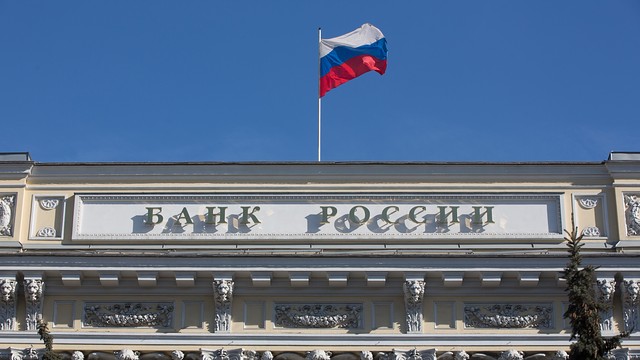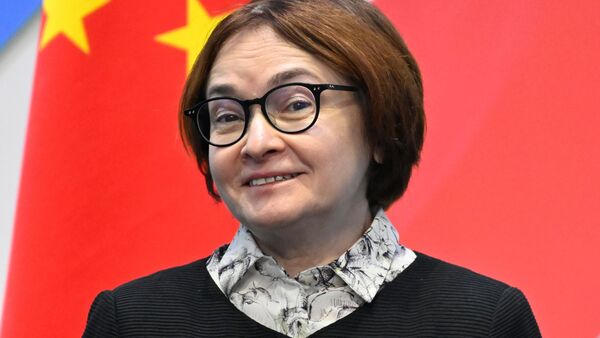The Central Bank of Russia has raised its key interest rate to a record 21% in response to escalating inflation and a weakening ruble. This unprecedented move marks a significant shift in monetary policy aimed at stabilizing the economy amid growing economic challenges

Source:- bbc news
Inflation in Russia has surged, driven by various factors, including supply chain disruptions, rising global commodity prices, and the ongoing impact of Western sanctions. The ruble has faced considerable pressure, losing value against major currencies, which has further fueled inflationary pressures. By increasing the key interest rate, the central bank aims to curb spending and borrowing, thereby stabilizing prices and supporting the ruble.
Source:- news 18
This rate hike is the largest since the central bank’s emergency measures in 2014, when it raised rates to support the ruble after the annexation of Crimea and the subsequent imposition of sanctions. The move reflects the bank’s commitment to controlling inflation, which has reached levels not seen in years. Analysts predict that this aggressive stance may lead to higher borrowing costs for consumers and businesses, potentially slowing economic growth in the short term.
Additionally, the central bank has signaled that further rate increases may be on the horizon if inflationary pressures do not subside. This approach aligns with a broader trend among central banks globally, as many are tightening monetary policy to combat rising inflation.
In summary, the Central Bank of Russia’s decision to raise its key interest rate to 21% is a bold response to economic turmoil characterized by rampant inflation and currency depreciation. While this move aims to stabilize the economy, it may also have significant implications for growth and consumer spending in the near future. The effectiveness of this strategy will depend on various factors, including global economic conditions and domestic policy responses.
Share your views in the comments

